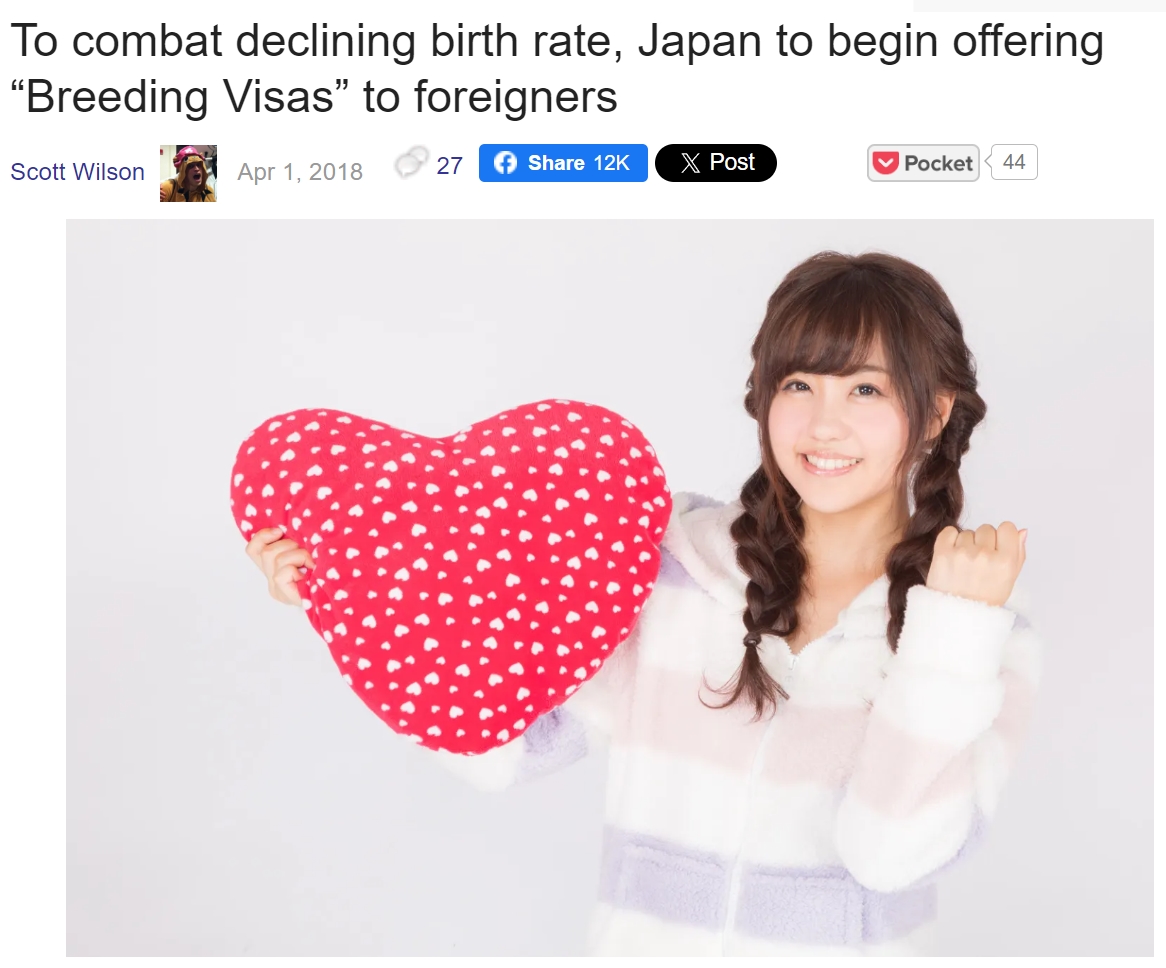The internet is rife with intriguing tales, and one that periodically resurfaces is the myth of the “Iceland Breeding Visa.” This story alleges that Iceland offers visas, and even financial incentives, to foreigners willing to marry Icelanders and boost the population. Let’s be clear: this is a hoax. While Iceland, like many nations, faces demographic challenges, there is no such program. This article will debunk this myth and then pivot to the real regulations Iceland enforces: those concerning the import of breeding animals.
The “Breeding Visa” Hoax: Separating Fact from Fiction
The “Iceland Breeding Visa” is a persistent piece of internet folklore, debunked by reputable fact-checking sites like Snopes and VerifyThis. These sites have traced the rumor back to at least 2016, often linked to fabricated stories about Iceland paying foreigners to marry Icelandic women. The Icelandic government has repeatedly denied the existence of such a visa. So, where did this strange tale originate? It likely stems from a misinterpretation of Iceland’s stringent animal import regulations, particularly those related to breeding livestock. Someone, somewhere, seems to have conflated breeding animals with breeding humans, sparking this persistent misconception.
Safeguarding Iceland’s Biodiversity: Animal Import Regulations
Iceland’s true focus is on preserving its unique biodiversity and agricultural heritage. The island nation takes biosecurity very seriously, implementing strict regulations on importing animals, especially for breeding. This isn’t about human population growth; it’s about protecting animal health and preventing the spread of diseases.
Which Animals Are Covered?
While Icelandic horses, with their distinct gaits and cultural significance, often come to mind, the regulations encompass a wide range of species. These include:
- Horses: Stringent rules apply, particularly to the iconic Icelandic horse, to preserve its unique genetic lineage.
- Sheep: Icelandic sheep are renowned for their wool and meat, and their import is carefully controlled.
- Cattle: Regulations aim to maintain the health and productivity of Icelandic cattle herds.
- Poultry: Import controls help prevent the introduction of avian diseases.
- Other Livestock: Regulations may also apply to other livestock species such as goats and pigs.
- Pets: Even bringing your furry friend requires adherence to specific import rules.
Navigating the Import Process: A Step-by-Step Guide
Importing a breeding animal to Iceland is a multi-stage process, requiring careful planning and adherence to official procedures. Here’s a general outline:
- Contact the Icelandic Food and Veterinary Authority (MAST): Begin by contacting MAST, the governing body for animal imports. They provide the most up-to-date and specific requirements. [Link to MAST website]
- Health Certifications: Obtain comprehensive health certificates from a certified veterinarian in your country of origin. These must demonstrate that the animal is free from specific diseases. The required tests and certifications vary depending on the species.
- Breed Registries: For many breeds, particularly Icelandic horses and sheep, you’ll need to provide documentation from recognized breed registries. This confirms the animal’s pedigree and breed purity.
- Import Permit Application: Submit a formal import permit application to MAST. Include all required documentation, such as health certificates and breed registry information.
- Quarantine (if applicable): Some species may require a quarantine period upon arrival in Iceland. MAST will provide specific instructions.
- Transportation: Arrange for appropriate and humane transportation for your animal. MAST offers guidelines for animal transport to ensure their well-being.
Icelandic Horses: A Special Case
Icelandic horses hold a special place in the nation’s heart. To protect their unique genetic heritage and prevent the introduction of equine diseases, their import is subject to particularly rigorous regulations. Exporting Icelandic horses from Iceland is also strictly controlled; once they leave, they are never allowed to return.
Visas for People Involved in Animal Import
If you plan to travel to Iceland to manage the import of breeding animals, you’ll need a standard visa appropriate for your nationality and the purpose of your visit, likely a business visa. The “breeding visa” myth does not apply to humans. Consult the Icelandic Directorate of Immigration website for accurate visa information. [Link to Directorate of Immigration website]
Animal Welfare in Iceland
Iceland takes animal welfare seriously. The stringent import regulations are designed to promote responsible animal husbandry and prioritize the well-being of imported animals. Icelandic farmers and breeders have a strong tradition of animal care, and these regulations reinforce that commitment.
A Nordic Comparison
Iceland is not alone in its focus on biosecurity. Other Nordic countries also maintain strict animal import regulations, reflecting a shared commitment to animal health and agricultural sustainability. While the specific details may differ, the underlying principles are similar across the region.
Further Resources
- Icelandic Food and Veterinary Authority (MAST): [Link to MAST website]
- Icelandic Directorate of Immigration: [Link to Directorate of Immigration website]
- World Organisation for Animal Health (OIE): [Link to OIE website]
This guide provides a general overview. Regulations can change, so always consult official sources for the most up-to-date information. By understanding and respecting Iceland’s animal import regulations, you contribute to protecting the nation’s unique biological heritage.
- Modern Kitchen Backsplash Ideas To Inspire Your Refresh - December 19, 2025
- Modern Backsplash Ideas: A Guide to Todays Kitchen Trends - December 18, 2025
- Ceramic Kitchen Wall Tiles: Style and Protection for Your Walls - December 17, 2025









